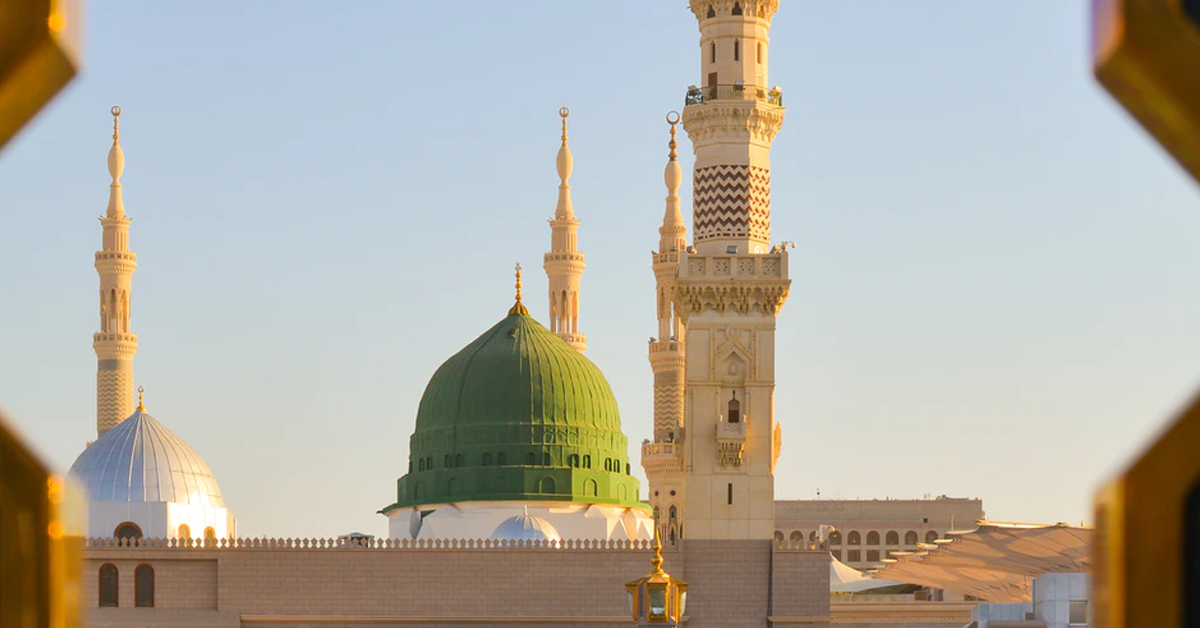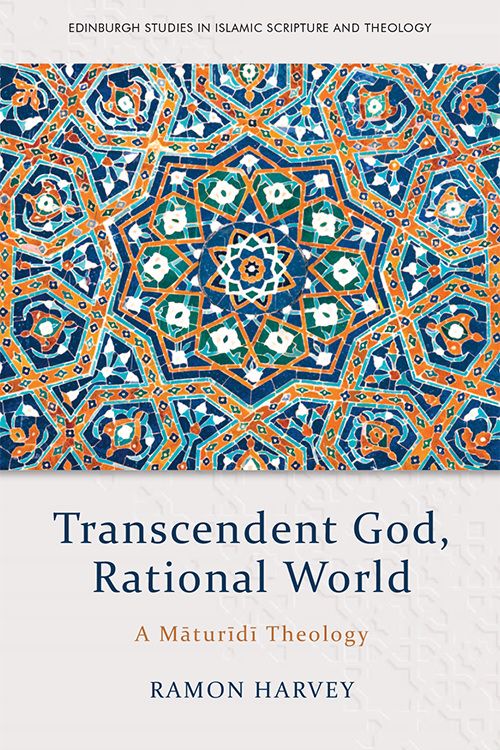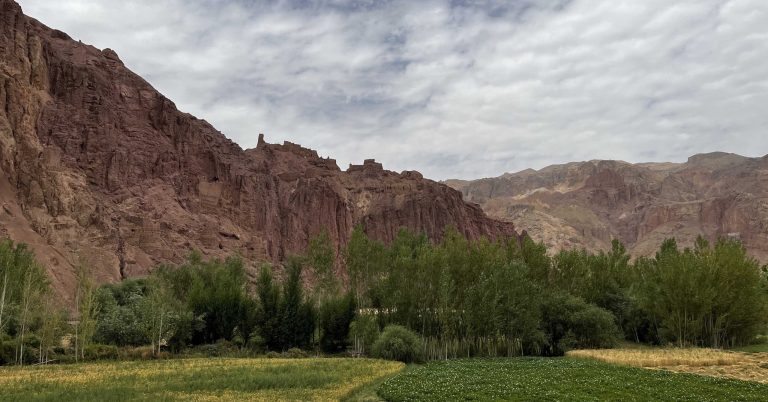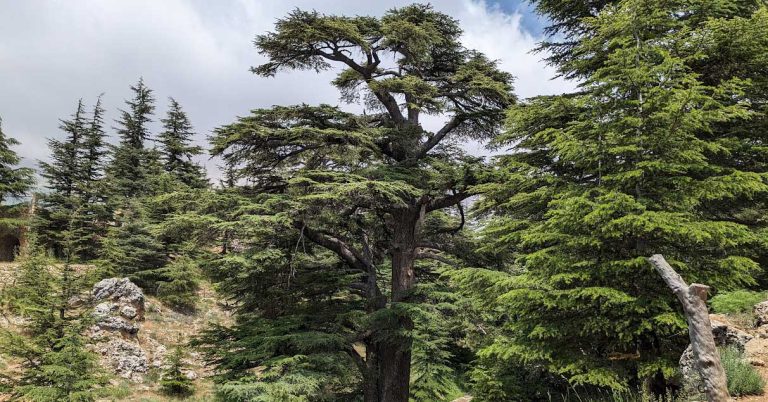
by Ramon Harvey
Ramon Harvey introduces his approach to Islamic theology in his new book Transcendent God, Rational World: A Māturīdī Theology.
Thinking today has become dizzying. Attention spans are diminished. No sooner does someone have an idea, but it appears online, maybe on a public network such as Twitter, or in a private group on Whatsapp or Telegram. When it comes to the sensitive topic of Islamic theology, questions and controversies flare up in minutes and die down in hours or days, only to rise from the ashes once more. Faces in all time zones turn as one to their screens, as a motley crew of academics, ulema, university and madrasa students, and members of the public debate the question of the moment. No consensus is easily reached from these encounters. Amid such confusion, views can be aired but not settled. The stream of replies frequently ends with reference to one or more books – monographs remain in demand for those serious about any area of inquiry.
I did not write my new book, Transcendent God, Rational World: A Māturīdī Theology (EUP, 2021), to answer controversial questions in Islamic theology, though certain chapters, for example those on the Divine Nature (Chapter 4) and Divine Speech and the Qur’an (Chapter 7), can be taken in that way. My thought process when coming to write this text was more fundamental. It was puzzling to me that despite many developments in Islamic studies and philosophical theology in the West, contemporary Islamic theology has been poorly served in the English language. For sure, excellent books and articles have been written about the historical development of its schools. But few have tried to build upon them in serious critical conversation with contemporary ideas.
I can gesture towards the kind of integrative work that I was interested in producing by mentioning Iqbal’s The Reconstruction of Religious Thought in Islam. But its publication nearly a century ago seems proof that this path has become overgrown and mostly lost from sight. For many thinkers today, Islamic theology is principally an offshoot of Qur’anic hermeneutics – something of which I was aware from writing my previous book, The Qur’an and the Just Society (EUP, 2018).
Kalām as theology
Kalām means ‘speech’ in Arabic and is shorthand for ʿilm al-kalām, which can loosely be translated as theology. But this translation needs to be nuanced, as it does not refer to disciplines of spiritual development (Sufism or taṣawwuf) or pastoral care, which are often indicated today by the word. Instead kalām is a kind of philosophical theology, the specialised discursive task of clarifying and justifying religious truth.
As a general method, kalām was not only used by Muslims but also by some Jewish and Christian theologians working in Arabic. It simultaneously takes seriously two sources of knowledge: rational thought and divine revelation, which for Muslims in this context principally refers to the Qur’an. This means that practitioners of kalām are neither rationalistic enough for philosophers nor scripturalistic enough for traditionalists. Yet this middle position has been very popular in Islamic history. A vast number of Muslims, including of course many scholars, have taken their theological orientation from either the Ashʿarī or Māturīdī schools of Sunnī kalām.
My way into kalām jadīd, a renewed articulation of Islamic theology, is to work from a specific tradition, that of the Samarqandī Ḥanafī Abū Manṣūr al-Māturīdī (d. 333/944) and his successors. I had long favoured a Ḥanafī-Māturīdī perspective in theology and had been intrigued by al-Māturīdī’s theological summa Kitāb al-tawḥīd from my doctoral work at SOAS a decade ago. I always knew that this tricky and exciting text would be at the heart of the book that I wanted to write.
I also became interested in tracing the early figures in Samarqand who had taken on al-Māturīdī’s theological ideas and the subsequent Māturīdīs who had shaped them into the familiar pattern of the classical school. I thought that I could achieve several things at once: to provide a new reading of al-Māturīdī’s theology, to add to our historical understanding of how the early centuries of the tradition developed, and to set up a series of core insights for my constructive project.
Kalām jadīd as constructive theology
But what is the philosophical basis for writing constructive theology from a kalām tradition? This is an important question, as some commentators would argue that premodern kalām is irrelevant to the task of theology today. I propose in Chapter 1 that a connection can be drawn between al-Māturīdī’s own approach to the place of tradition and the work of modern philosophers such as Hans-Georg Gadamer and Alasdair MacIntyre. An insight that they share is that our rational process of reflection and justification inevitably starts from within one tradition or another. If that is true, then why not self-consciously ground one’s work within an existing school of kalām and benefit from its resources? After all, Christian scholars today feel free to creatively engage with the likes of Augustine and Aquinas.
So, in my book I branch out from the Māturīdī tradition, especially the vibrant early school of Samarqand exemplified by al-Māturīdī and those around him. I see in al-Māturīdī an important and underappreciated theological orientation: an affirmation of the basic rationality of the world and the possibility of using it to reason analogically towards and about its transcendent creator. Thus, I ask the question: what if Māturidism of the sort that we see in these earlier figures was renewed and updated in the light of the resources of contemporary thought, especially in conversation with Edmund Husserl’s phenomenology and with analytic theology? The result is a systematic exploration of key themes in epistemology, ontology, natural theology, and the divine nature and attributes.
I cannot hope to resolve the debate between traditions, online and off, over the nature and role of Islamic theology today. But I can hope to provide some new insights from the perspective of a significant, yet neglected, school of thought. And perhaps my investigations can contribute to a new beginning for twenty-first century Islamic kalām jadīd in English.
About the author
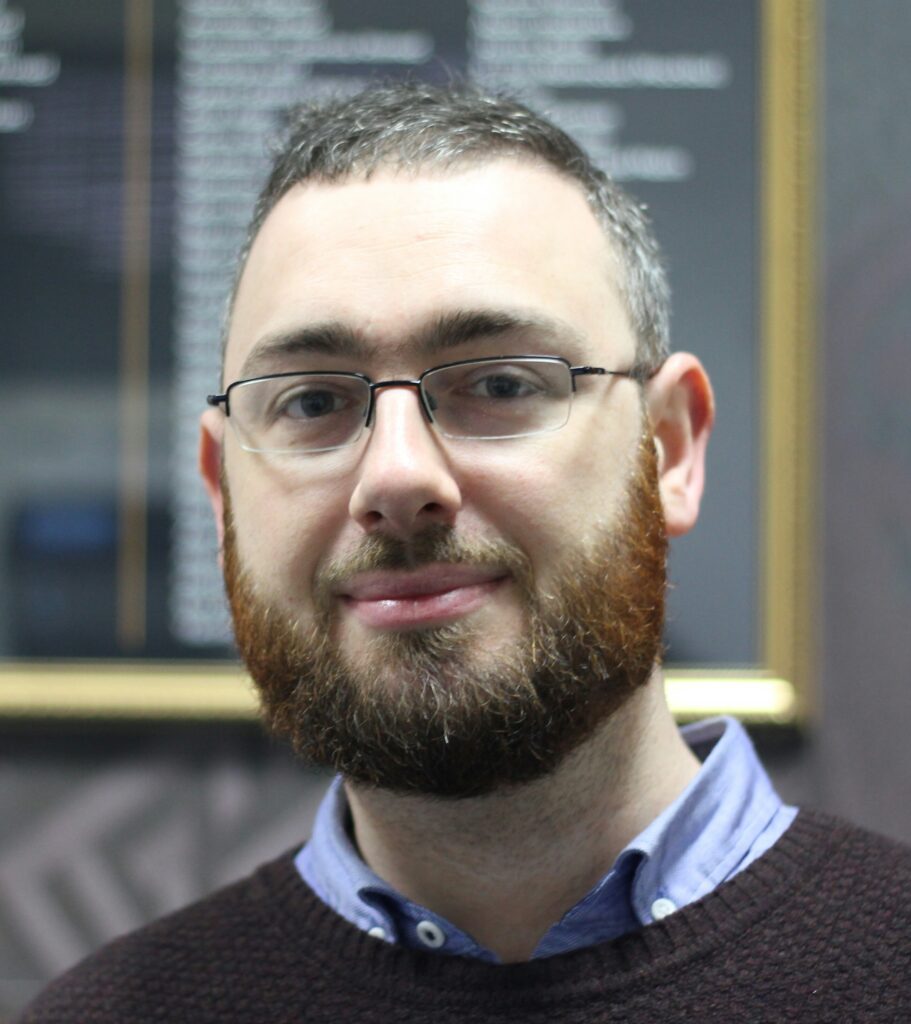
Ramon Harvey is Aziz Foundation Lecturer in Islamic Studies at Cambridge Muslim College. He is the author of Transcendent God, Rational World: A Māturīdī Theology (Edinburgh University Press, 2021), The Qur’an and the Just Society (Edinburgh University Press, 2018) and series editor of Edinburgh Studies in Islamic Scripture and Theology.
Find out more about the series this book belongs to, which Ramon Harvey serves as the series editor for: Introducing Edinburgh Studies in Islamic Scripture and Theology.


